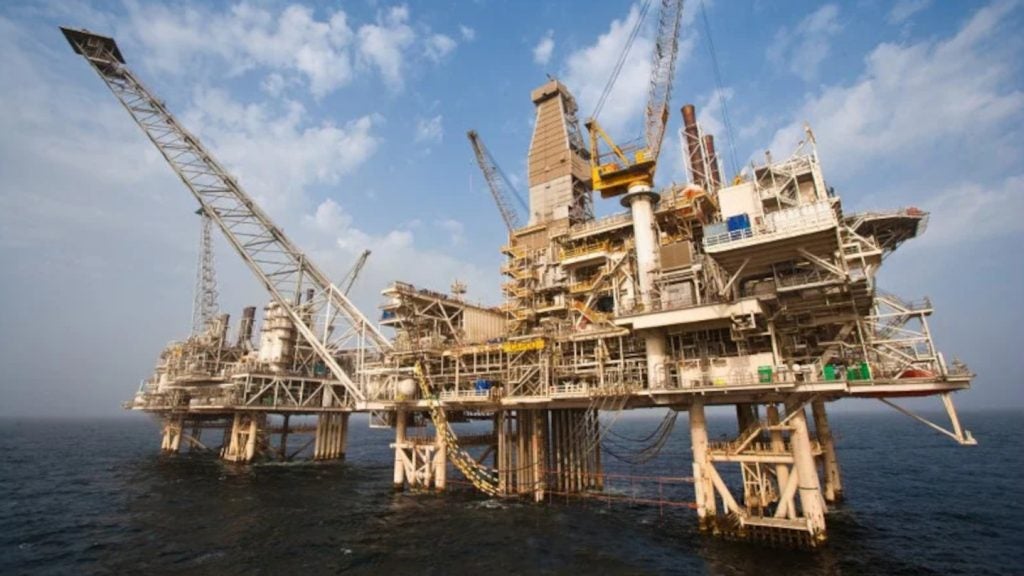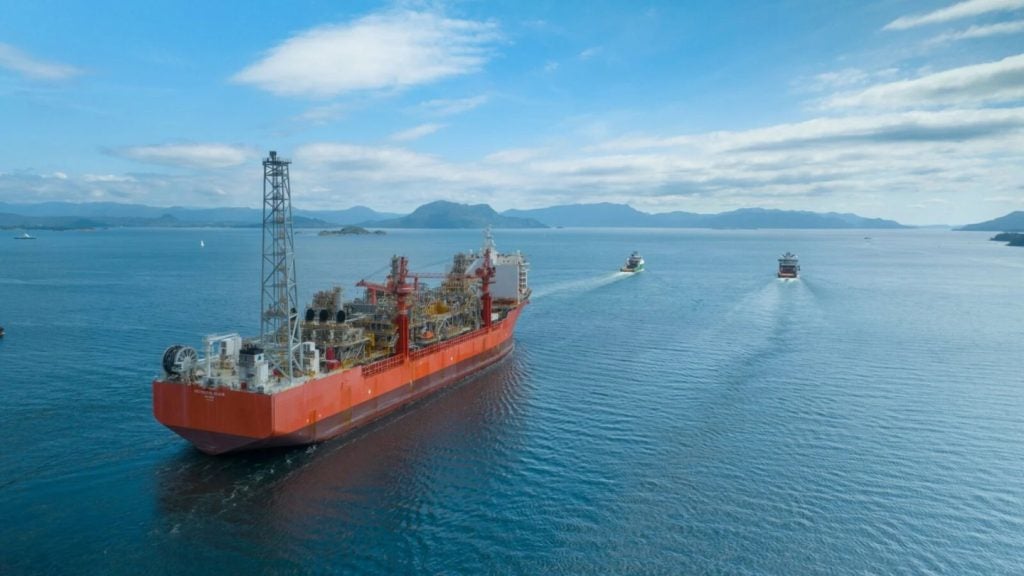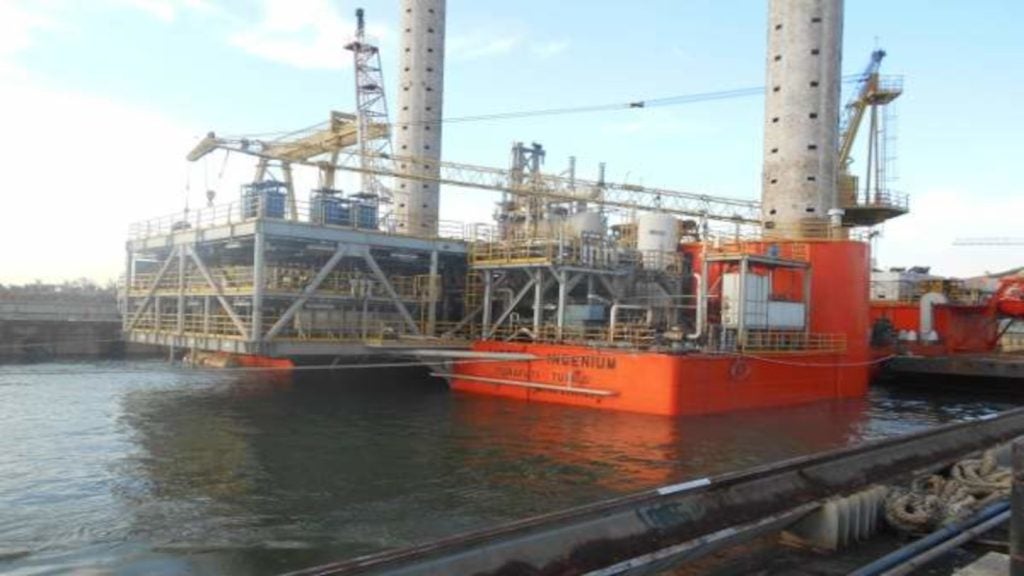

Four years after he controversially raised the tax burden on the North Sea oil and gas industry, Chancellor George Osborne’s March Budget contained a welcome support package that effectively reversed the previous hike and put in place measures intended to begin a major revival for the sector.
His announcement included the introduction of a new, simplified investment allowance, £20 million of public money for seismic surveys, a drop in the Petroleum Revenue Tax (PRT) from 50% to 35%, and a 10% cut in the Supplementary Charge (SC) to bring it back down to 20%.
With oil prices languishing far below the kind of previous highs that sparked the 2011 raid on profits, the Treasury hopes these reforms will "send a strong signal that the UK is open for business and ensure the UK Continental Shelf remains competitive as the basin matures."
Petroleum Revenue Tax cut
The North Sea is a notoriously high-cost area for producers in the light of forecasts which suggested that revenues would be £9.6bn lower than expected over the next five years, boosting the commercial viability of ageing and less profitable fields, which had assumed a level of urgent priority.
Since PRT only applies to fields that received development consent before 16th March 1993, the Chancellor’s reduction is a measure specifically aimed to help achieve this, with the maximum marginal rate for fields where it does apply now set to fall from 81% to 67.5% from the start of next year.
How well do you really know your competitors?
Access the most comprehensive Company Profiles on the market, powered by GlobalData. Save hours of research. Gain competitive edge.

Thank you!
Your download email will arrive shortly
Not ready to buy yet? Download a free sample
We are confident about the unique quality of our Company Profiles. However, we want you to make the most beneficial decision for your business, so we offer a free sample that you can download by submitting the below form
By GlobalDataReversing the Supplementary Charge hike
Back in 2011, the SC had been unexpectedly raised to 32% – a move which a contemporary survey by Oil & Gas UK concluded had instantly slashed the value of all prospective UK offshore investment by nearly a quarter. The March budget cut, backdated to 1 January 2015, builds on the 2% reduction in the 2014 Autumn Statement to roll the SC back to its earlier 20% rate, which the Treasury presumably hopes will return investor confidence to previous levels.
To actively seek out a marginal field for exploration and production is a rarity.
New investment allowance
That could also be bolstered by the new investment allowance, which delivers on the intention that was first flagged in last year’s Autumn Statement to implement a simpler and more generous regime, applicable across the whole North Sea basin. Although some of the specifics of the legislation remain to be finalised, as of 1 April, companies can deduct 62.5% of their investment expenditure from their SC liability, for new and existing fields.
New surveys
In addition, as exploration drilling in the North Sea has fallen to levels not seen since the 1970s, the announcement of some £20m of funding to enable seismic surveys on under-explored areas of the UKCS also came as welcome news too.
According to HM Revenue & Customs estimates, at a cost of £1.3bn, the overall package should encourage an additional £4bn of capital investment over the next five year, and lift production by around 15% by the end of the decade.
Industry response
After years of campaigning for changes in the taxation regime, 2015’s Budget was generally well received by the industry. The return of SC to pre-2011 levels in particular was probably more than any but the most optimistic might have hoped for, and the new investment allowance promised to deliver a major boost, not least to anyone looking at ultra-high pressure, high temperature clusters.
Commenting at the time, the then CEO of Oil & Gas UK, Malcolm Webb, said that "these measures send exactly the right signal to investors" and that they "properly reflect the needs of this maturing oil and gas province."
A few months on
A few months, an election, and a continued price slump later, how do those moves seem today? Do they go far enough – or are other measures going to be necessary to turn around the UKCS’ fortunes?
Oil & Gas UK hope the tax reforms announced in the Budget, together with the setting up of the UK’s new regulator, the Oil and Gas Authority, will go some way towards providing a strong foundation for the future of the North Sea.
"They are also great signs that, in relation to our sector, government understands our challenges and will work with us in dealing with them," their spokesperson says.
Never-the-less, although the changes do undoubtedly represent a substantial shake-up, the industry still faces a welter of significant challenges. It remains to be seen how effective the measures will prove to be in delivering the anticipated investment and preventing the premature decommissioning or abandonment of wells, particularly if prices continue to remain low in the medium term.
Other measures
The University of Aberdeen has a long history when it comes to leading the way.
Oil & Gas UK’s chief executive, Deirdre Michie, recently said that if that does happen, there will be a need to work with Treasury to see what else can be done to help, including a possible revisiting of the current headline tax rate. In addition, Oil & Gas UK also believes that it is now more important than ever that the legislation is completed to expand the scope of the Investment Allowance.
"The consultations on the remaining fiscal barriers to exploration, infrastructure and decommissioning also need to proceed with some urgency and we look forward to hearing from HM Treasury regarding progress on this front soon," Oil & Gas UK’s spokesperson adds.
Cost base, price and margin
Even so, given its enduring ‘high-cost’ operating environment, the lower the global oil price, the lower the margins, and the longer it remains low, the progressively less attractive the UK North Sea appears to be. While the government’s restructuring of the taxation basis goes some way to establish a more competitive edge for the North Sea, and promote further investment and exploration in the basin, a number of obstacles still remain to be overcome.
The global nature of the competition for investment funds dictates that for the UK to seem like a good proposition, production costs need to be reduced, but with the UK’s remaining reserves increasingly harder to reach, and its existing infrastructure ageing, that is clearly not going to be an easy thing to achieve. Easy or not, Oil & Gas UK say that tackling the unsustainable cost base by co-operating to make operations on the UKCS smarter and more efficient is now the industry’s biggest challenge.
Maximising recovery
"It’s a process we’ve started and need to urgently progress," says an Oil & Gas UK spokesperson. "From a UK Government perspective, maintaining a strong tripartite approach to maximising the economic recovery of oil and gas from the UK Continental Shelf is of the utmost importance, and we look forward to working closely with HM Treasury and the new Oil and Gas Authority towards that aim."
Only time will tell how successful they will ultimately be in the face of wider global headwinds, but one thing is clear; the desire to prolong production from one of the country’s most important historical assets is certainly there and so too is a bit of a track record in achieving it. Back in the mid-1970s when the North Sea oil bonanza began, it was predicted to have a lifespan of just 25 years. We are now 15 years beyond that, and still counting.







